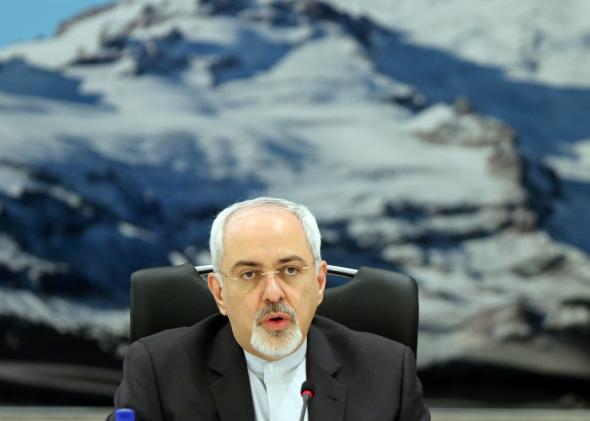One reason for divergent perspectives on the Geneva deal with Iran is that while the western powers don’t want Iran to have a nuclear weapon, many other regional stakeholders want Iran to be weak. And if you want Iran to be weak, the risk isn’t so much that the deal won’t work as that the deal will work.
Consider: Saudi Arabia has about 30 million residents compared with Iran’s 77 million. The population of Saudi Arabia’s Gulf Cooperation Council allies is trivial. Iran hardly needs a nuclear weapon to become the dominant military power in the region. It just needs a healthy economy and reasonable growth. And right now the Iranian economy is far from healthy. Even back five years ago, Iran was seriously held back by sanctions. In recent years, those sanctions have gotten tougher and tougher and have had a devastating impact on Iranian growth. The concessions being offered by the Obama administration in this Geneva deal, by design, won’t change that picture all that much. But they do open the door to Iran getting more and more of the sanctions lifted in exchange for more Iranian concessions on the nuclear front. That’s great from the standpoint of America’s nonproliferation objectives.
But an Iran that wastes less money and less engineering talent on a nuclear weapons program and in exchange doesn’t have its economy devastated by sanctions, is a much stronger Iran than a sanctions-ravaged Iran with a nuclear weapons capability. Which is to say that from a narrow regional perspective the sanctions are arguably a goal in and of themselves—they keep Iran poor and weak, and a poor and weak Iran is exactly what the Gulf states want regardless of the nuclear issue.
